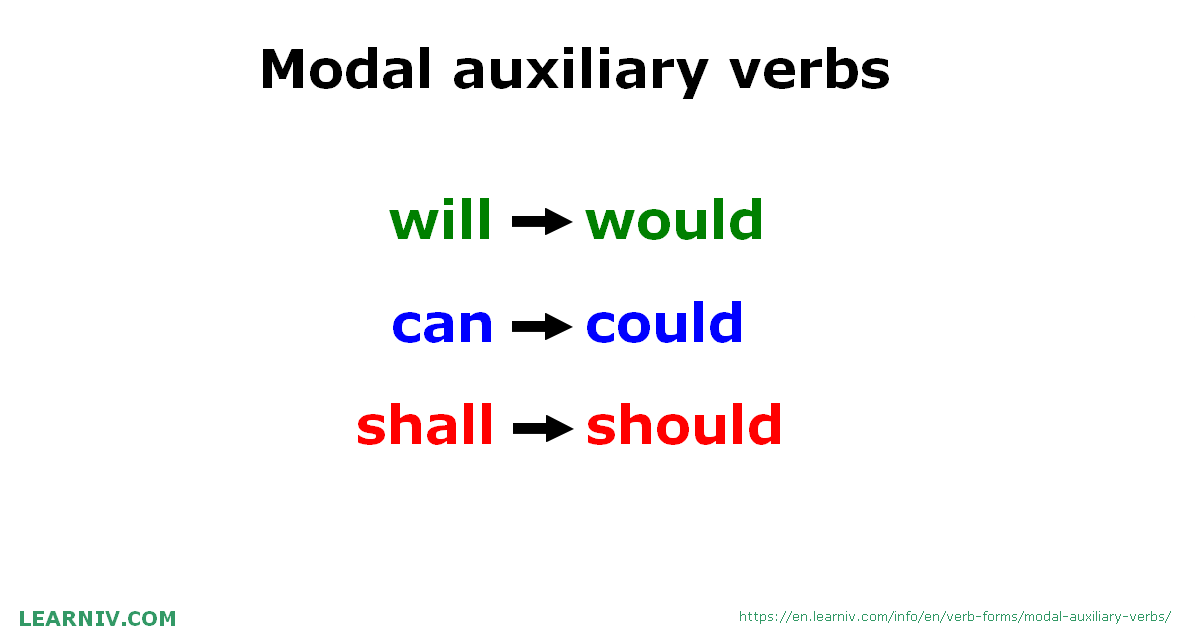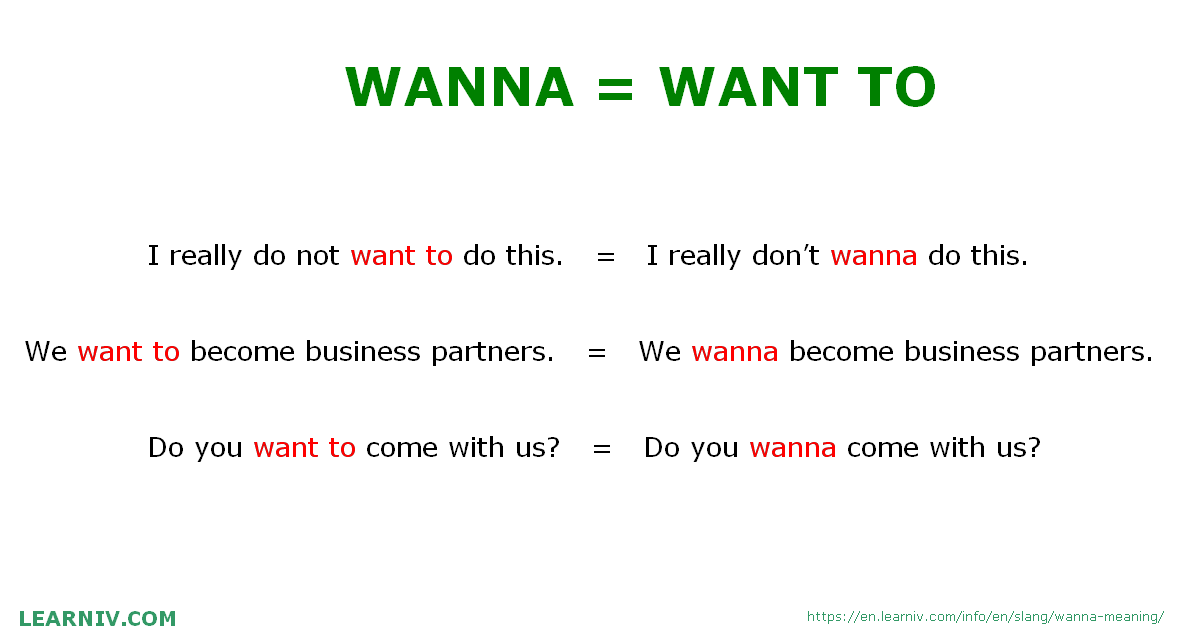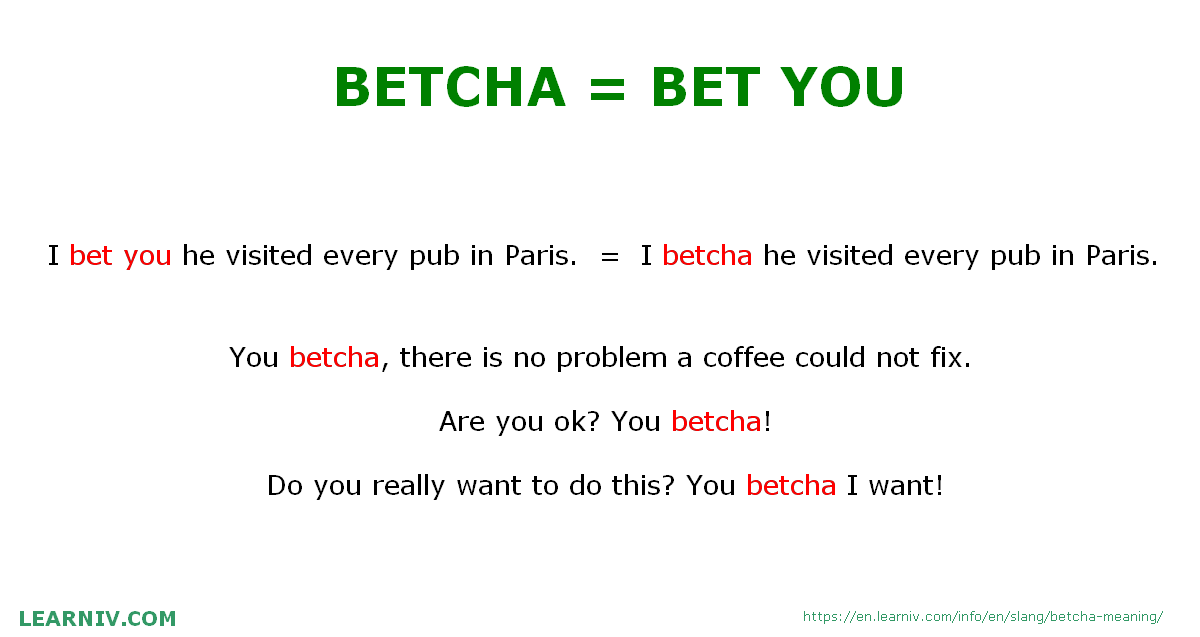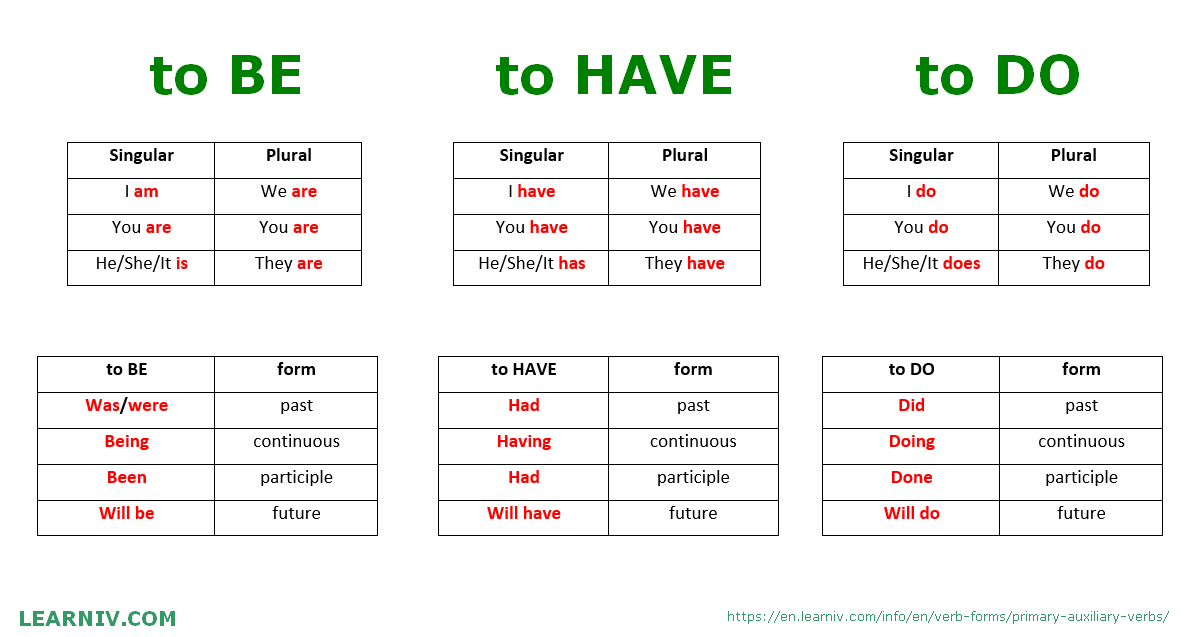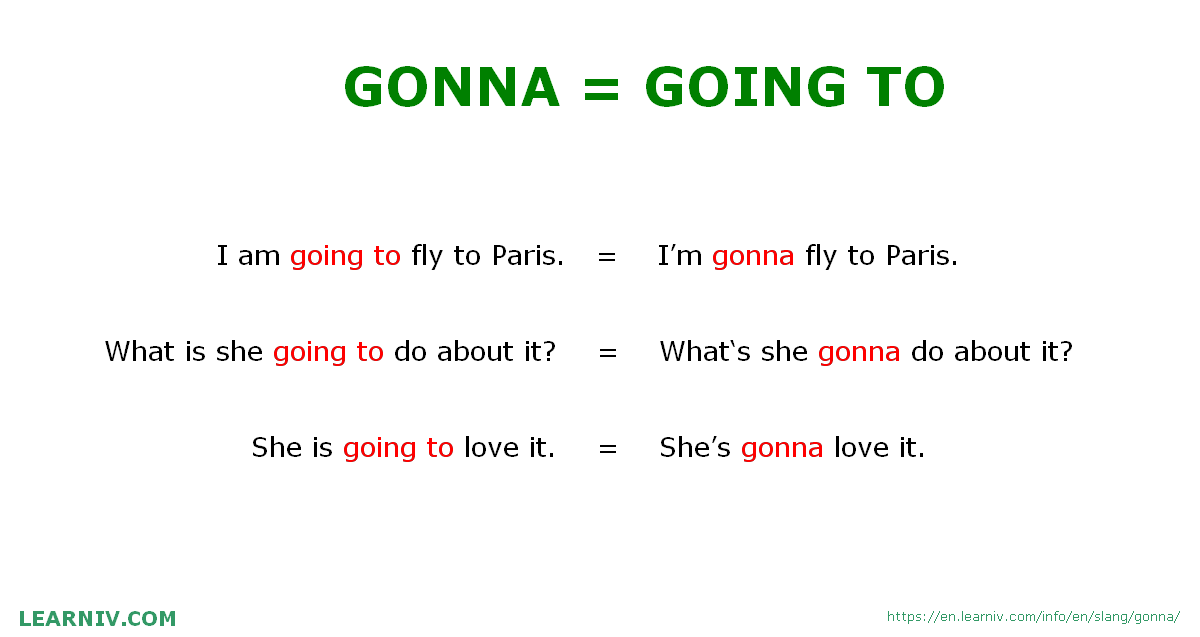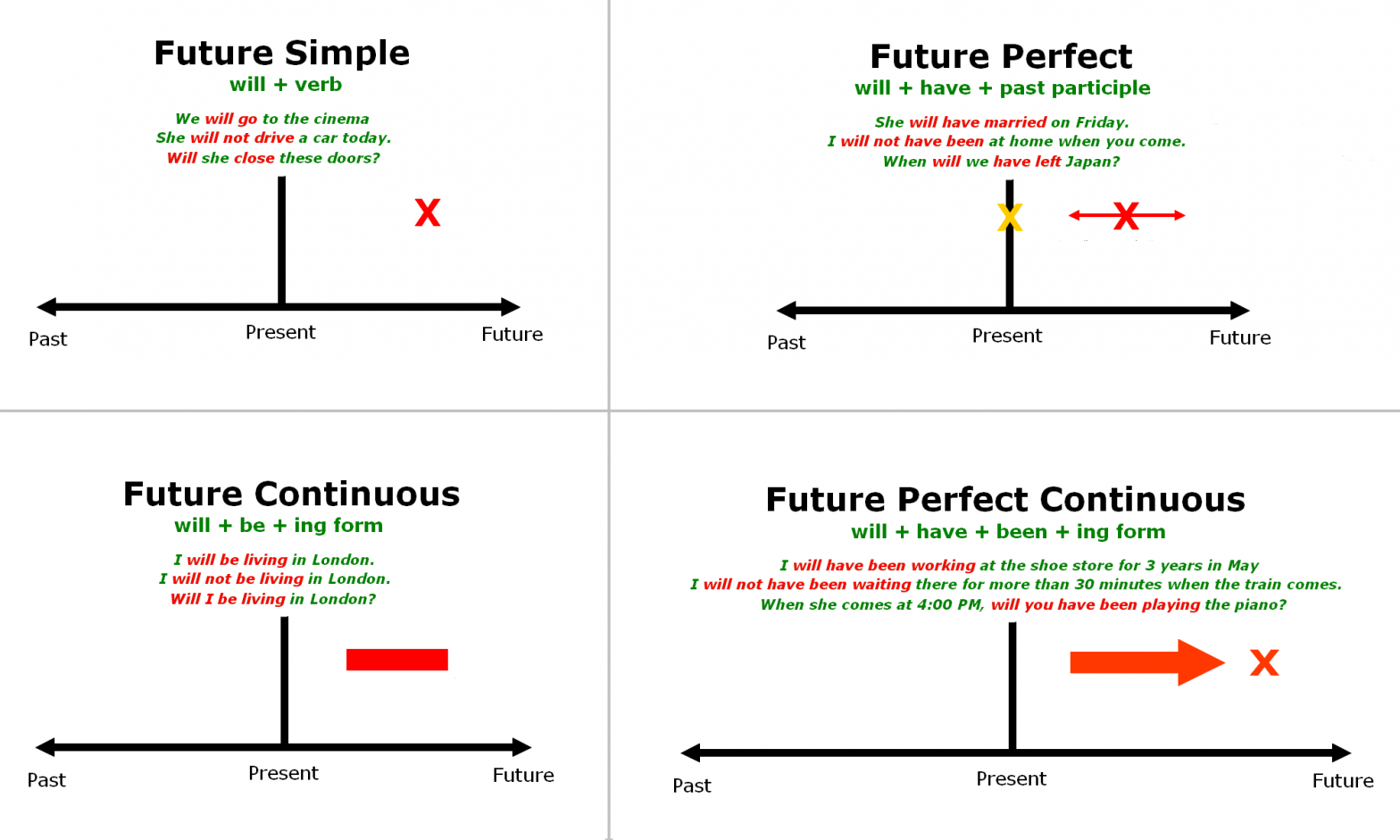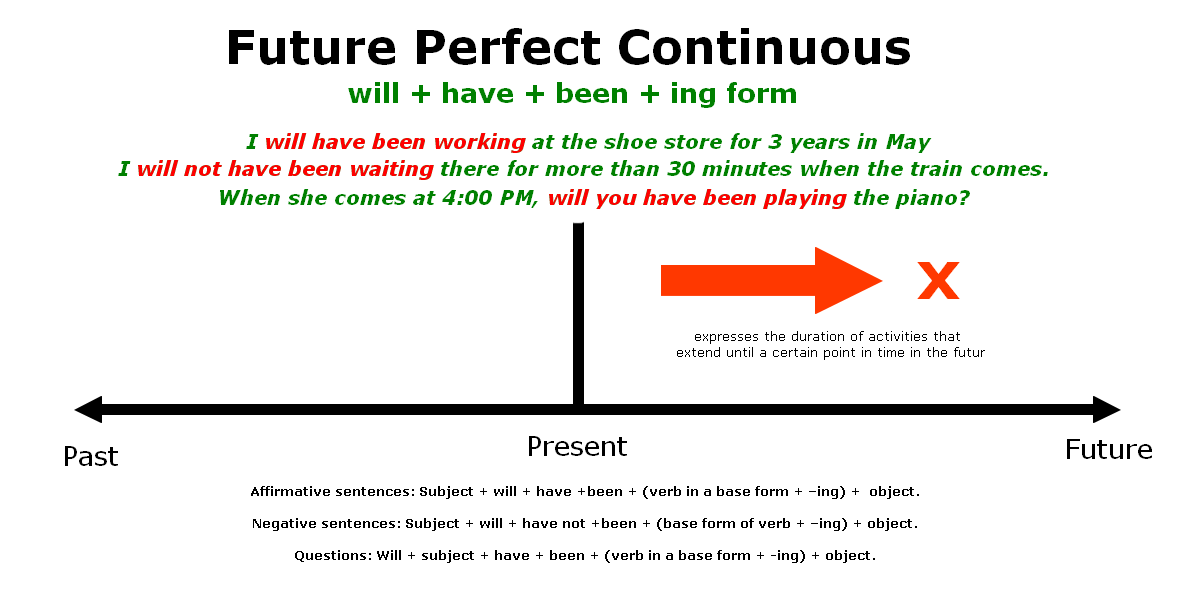There are a total of 13 basic modal auxiliary verbs in the English language. These are verbs that help the main verb form the correct meaning of sentences. With their help we can express desires, wishes, commands, needs or necessities. Their form never changes (even depending on the time). Modal verbs list: Can Will Must… Continue reading Modal verbs list
Modal verbs list
9.9/10 - (18 votes)
